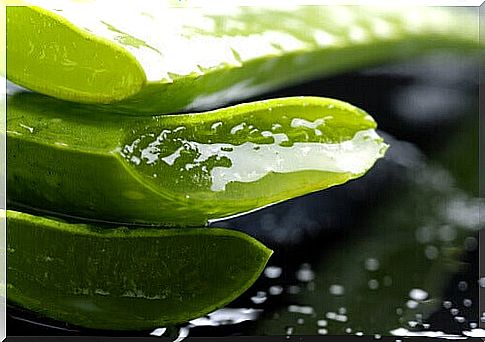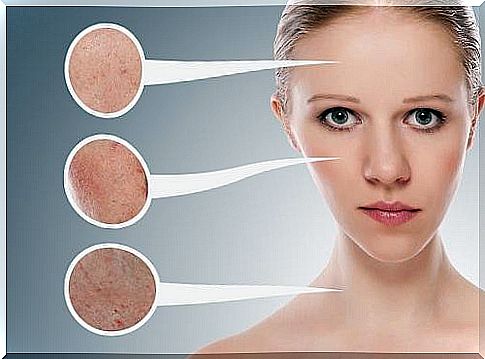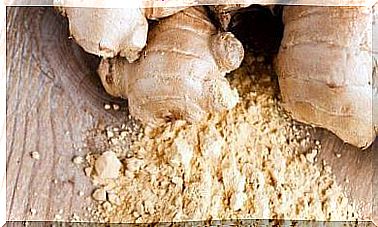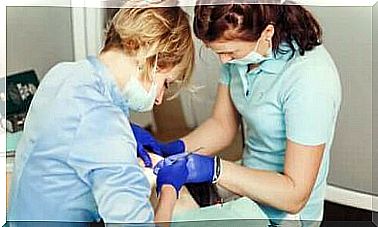Aloe Vera, A Refreshing And Healing Herb

Aloe vera, which is also known as ihmekasvina, has been used for a long time thanks to its many beneficial properties that help to renew, refresh and improve your skin. Aloe Vera is also good for your health in general.
Roughly estimated, there are 250 species of aloe vera plants. Aloe barbadensis is a species with the best medicinal properties.
In ancient Egypt, aloe was used in female skin care; history tells of the beauty of Cleopatra and other women during that period.
Other examples of situations where aloe vera may be helpful: heartburn, gastrointestinal ulcers, constipation, dermatitis, dandruff, inflammation, wrinkles, dry skin, etc.
Studies are being continued to demonstrate benefits associated with other diseases such as cancer, diabetes, high cholesterol, and autoimmune diseases.
Aloe Vera treats the skin

Aloe vera has great benefits for the skin. It is antiseptic and bacterial, anti-inflammatory and antifungal. It helps reduce wetting and prevents bacteria from entering wounds by creating a protective layer on the skin.
It is very useful for acne and sunburned skin. Aloe Vera can speed up the healing process and prevent infections on damaged skin.
However, it should be borne in mind that you should limit use to small wounds and not to deep and severe wounds. This can make them worse because it has the ability to increase blood circulation in the area.
Use of aloe vera internally
The internal use of aloe vera is also well known. It can be enjoyed by making aloe Vera juice at home (look for professional instructions on how to make it) or you can also buy it in nectar style, milkshakes, powders, etc., from a trusted manufacturer of certified products. The manufacturer of the product knows how to use it and how much to enjoy it, depending on your health condition.
When can’t I use the area?
Avoid using aloe vera during pregnancy and lactation. The components of this plant can cause side effects in the uterus, which can be associated with miscarriage or premature birth. Children under the age of 12 should also avoid using it.
In general, there are no restrictions on external use on the skin. But to make sure you’re not allergic to aloe vera, you can do a simple test. Put a little aloe vera gel on the inside of your arm and wait 20-30 minutes. If after this time there are no reactions, you can use this plant safely.
This plant should not be used with drugs or herbs that are diuretic, laxative, used to lower blood sugar levels that are anticoagulants or corticosteroids, among others. Aloe can enhance the effects of these drugs or herbs, with a negative effect.
Precautionary…
For your safety, if you are on any medication, ask your doctor for advice before using aloe vera. He can advise you on what is best for your health.
As we all already know, any medicinal plant or natural remedy should be used responsibly. Remember that even if it is found in nature, it does not mean that you can use it without restriction or in large quantities just to get the most positive results. Everything in moderation.
All kinds of natural remedies require consistency and patience. You can talk to a representative of traditional or alternative medicine so that he can determine the right way to use aloe vera depending on your own situation, whether the consumption is internal or external.
So many treatments and new medications that appear daily and treat a variety of discomforts can eventually cause other discomforts due to their side effects that we don’t usually pay attention to at all. So why not try nature’s own products? We can use materials found in nature freely according to the advice of trained people.









